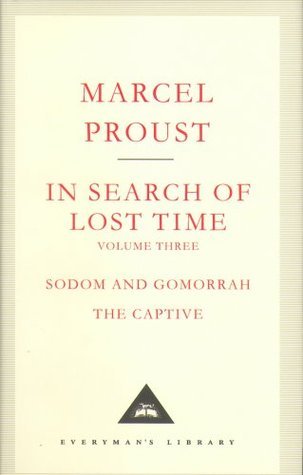
The Counterfeiters
Book Description
Beware of the fine line between authenticity and deception. In a dazzling world of art and ambition, a group of artists and intellectuals find themselves tangled in a web of counterfeiting, betrayal, and moral dilemmas. Loyalties blur as desire for recognition collides with the haunting fear of exposure. Each character grapples with their own truth amid a swirling chaos that threatens to consume them. As friendships fracture and ambitions ignite, the heart races: can one truly create without compromising the soul? Dive into a tale where every brushstroke tells a story of ambition and treachery—who will emerge with their integrity intact?
Quick Book Summary
"The Counterfeiters" by André Gide is a complex novel exploring the nature of authenticity, morality, and the artistic process set in early 20th-century France. The story revolves around a group of young artists, writers, and intellectuals, particularly focusing on the lives of Bernard, Olivier, and the writer Edouard. As the characters navigate intellectual circles and bohemian lifestyles, they face temptations to betray their values, most literally through a counterfeiting scheme. Their ambitions for recognition and love blur ethical lines, exposing the fragility of personal integrity. Relationships are tested by secrets, jealousy, and the lure of success, all set against Gide’s innovative narrative structure. Ultimately, the novel questions what is genuine and what is imitation in art, life, and human connection.
Summary of Key Ideas
Table of Contents
Authenticity Versus Deception
At its core, "The Counterfeiters" explores the tension between authenticity and deception, both in the literal and metaphorical sense. The counterfeiters' ring in the story—adolescents manufacturing fake coins—serves as a potent symbol. This motif extends to the characters’ personal lives, where self-presentation and motives are often veiled or fabricated. Edouard, an aspiring novelist, strives to capture truth in art even as those around him, including friends and protégés, struggle with their own acts of pretense and duplicity. The boundaries between what is real and counterfeit become increasingly blurred as events progress.
The Complexity of Moral Choices
The novel delves into the moral ambiguities facing each character. Bernard rebels against his family and seeks independence, only to find himself complicit in schemes that challenge his ethical compass. Olivier is torn between loyalty, friendship, and his emerging desires, facing emotional betrayals that force him to confront his own integrity. Edouard, observing and chronicling these lives for his own novel, finds that his detachment is itself a form of moral choice, as he becomes implicated in the turmoil he seeks to describe. The narrative thus scrutinizes the consequences—intended and unintended—of moral compromise.
Artistic Creation and Ambition
Artistic ambition permeates the story, with characters like Edouard and Robert Passavant representing different facets of the creative struggle. The desire for originality and recognition often conflicts with personal values, highlighting the sacrifices and temptations artists face. Gide uses a metafictional approach—the protagonist Edouard is writing a novel called "The Counterfeiters"—to reflect on the purposes and responsibilities of the artist. Is it possible to depict truth without succumbing to the distortions of ambition or self-interest?
Interpersonal Relationships and Betrayal
Interpersonal relationships in "The Counterfeiters" are marked by betrayal, secrecy, and unfulfilled longing. Friendships fracture as competitive drives and jealousy surface, particularly between Bernard and Olivier. Parental figures are often absent or deeply flawed, forcing the young characters to seek guidance—and sometimes manipulation—from mentors and peers. Love, sexual attraction, and rivalry all play out in ways that highlight the characters’ vulnerabilities and strengths. The novel’s network of relationships demonstrates how easily bonds can be broken by deception and ambition.
The Search for Identity
Ultimately, the narrative is a search for identity. Each character crafts a persona that may, or may not, align with their inner self. Bernard quests for autonomy, Olivier grapples with his sexuality, Edouard searches for artistic truth, and others look for meaning in their chosen pursuits. The chaos of their circumstances and the uncertainty of their motives reflect the challenges of adulthood and the modern age. In a world full of counterfeits, the question persists: who, if anyone, will manage to live authentically?
Download This Summary
Get a free PDF of this summary instantly — no email required.





